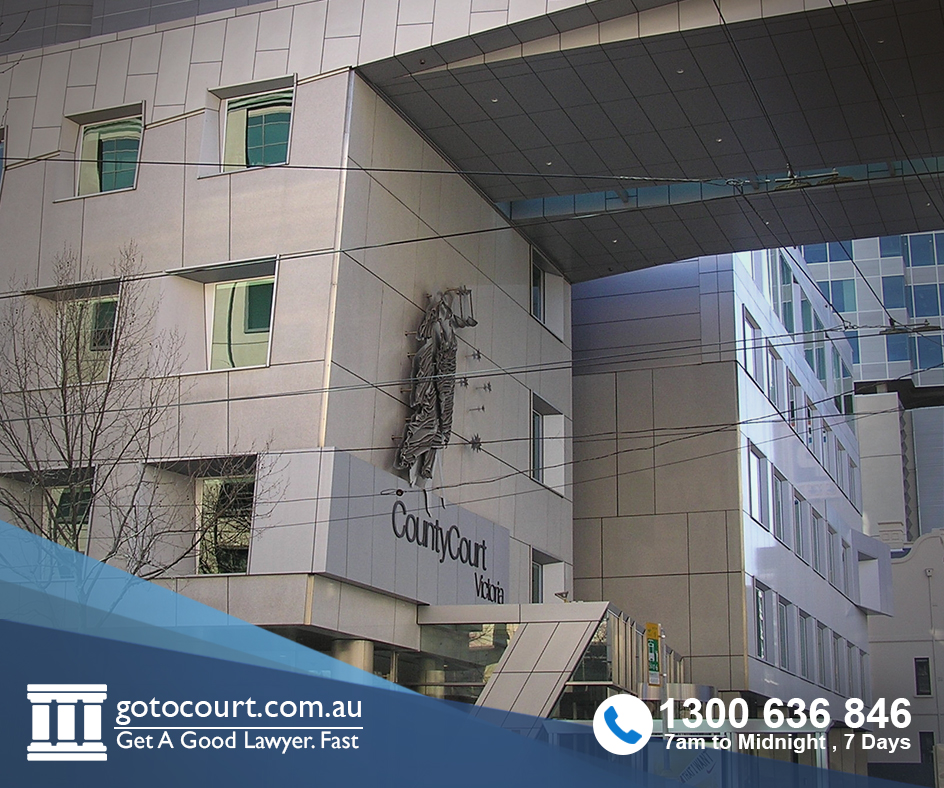Call our lawyers
now
or,
have our lawyers
call you
Stalking Offences (Vic)
Updated on Jan 09, 2023 • 4 min read • 336 views • Copy Link
Stalking Offences (Vic)
Stalking is a serious offence in Victoria, which can attract significant periods of imprisonment. A person commits stalking if they engage in a couse of conduct intended to cause a victim harm or to put the victim in fear for their safety or the safety of someone else.
The stalking provision in the Crimes Act was amended in 2003 to encompass cyberstalking and to remove the requirement that the victim actually suffered harm. The offence was further amended in 2011 to cover threats and abusive conduct and to extend to acts intended to cause psychological harm.
Section 21A
Section 21A of the Crimes Act 1958 makes it an offence to stalk a person. This is punishable by a maximum of 10 years imprisonment.
Stalking is defined as a course of conduct that includes doing any of the following with the intention of causing physical or mental harm to the victim, including self-harm or apprehension of fear for their safety:
- Contacting the victim or another person;
- Publishing material relating to the victim or another person;
- Causing an unauthorised computer function;
- Tracing the victim’s or another person’s use of the internet, email or other electronic communications;
- Entering or loitering outside a place of residence or business frequented by the victim;
- Interfering with property;
- Making threats to the victim;
- Using abusive or threatening words to or in front of the victim;
- Performing abusive or offensive acts in the presence of the victim;
- Directing abusive or offensive acts at the victim;
- Giving offensive material to the victim;
- Keeping the victim or another person under surveillance;
- Acting in any other way that could reasonably cause harm to or arouse fear in the victim.
The provision does not apply to conduct engaged in for the purpose of enforcing the law, executing a warrant or protecting public revenue.
What must be proved?
For a person to be found guilty of stalking, three things must be proved.
1. The accused engaged in a course of conduct
A course of conduct is a pattern of behaviour that shows a continuity of purpose towards the victim. In order for there to be a continuity of purpose, the acts must have been premeditated.
The acts must have been committed on more than one occasion, or to have been protracted in nature. A course of conduct may be spread out over a period of years.
2. The course of conduct included conduct of the type described above
The course of conduct must have included at least one of the types of conduct described in Section 21A. The acts need not have been individually unlawful. It is the course of conduct and specific intent that amounts to a criminal offence.
3. The accused did the acts intentionally
The accused must be proved to have had the intention to cause physical or mental harm to the victim, or to arouse fear in the victim for their own safety or the safety of another. Mental harm includes psychological harm and suicidal thought.
This element may be satisfied by proving that the victim:
- Actually intended to cause such harm;
- Knew that their actions were likely to cause such harm;
- Should have known that their actions would be likely to cause such harm.
Where the accused was intoxicated and did not have the requisite intention, they may still be found guilty on the basis that they ought to have known their actions would be likely to cause harm.
Defence
It is a defence to a charge of stalking if the course of conduct was engaged in without malice for one of the following purposes:
- In the normal course of business, trade, profession or enterprise;
- For the purpose of an industrial dispute;
- For the purpose of engaging in political activities or communicating about public affairs.
The accused bears the burden of proof in establishing that they acted without malice.
If you require legal advice or representation in a criminal law matter or in any other legal matter, please contact Go To Court Lawyers.

Affordable Lawyers
Our Go To Court Lawyers will assist you in all areas of law. We specialise in providing legal advice urgently – at the time when you need it most. If you need a lawyer right now, today, we can help you – no matter where you are in Australia.How It Works







1. You speak directly to a lawyer
When you call the Go To Court Legal Hotline, you will be connected directly to a lawyer, every time.


2. Get your legal situation assessed
We determine the best way forward in your legal matter, free of charge. If you want to go ahead and book a face-to-face appointment, we will connect you with a specialist in your local area.


3. We arrange everything as needed
If you want to go ahead and book a fact-to-face appointment, we will connect you with a specialist in your local area no matter where you are and even at very short notice.











